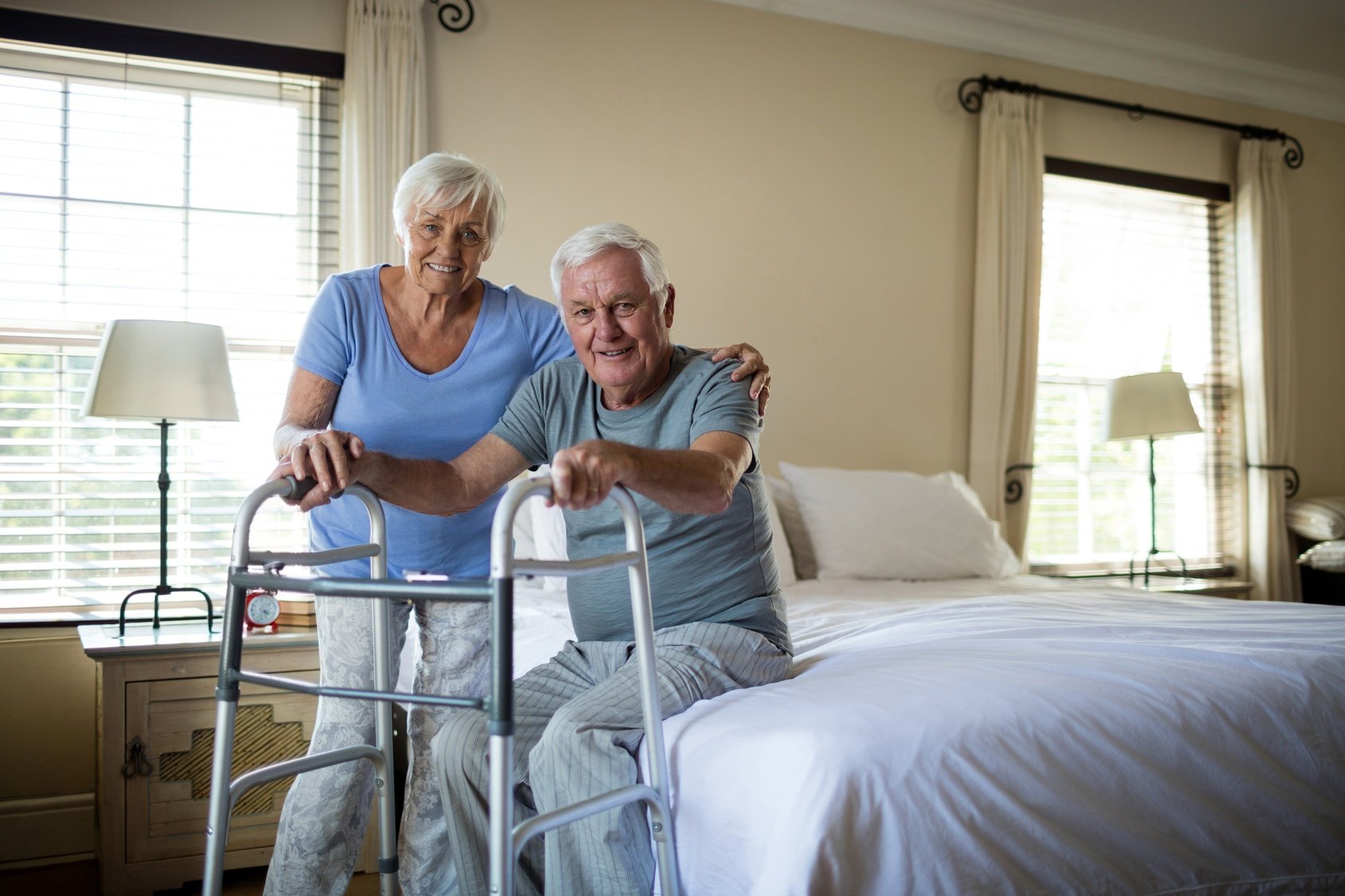
Many older adults voice a strong desire to “age in place.” However, while it’s sometimes possible to accommodate this preference through measures ranging from adaptive home remodels to in-home care services, the reality is that the time may come when it’s simply not safe for your aging loved one to continue to live alone. Wondering how you'll know when that time is imminent? Here’s a closer look at the issue.
Five Questions to Ask
In some cases, the move to an assisted living community is precipitated by a catastrophic injury or other serious change in health or circumstance. However, earlier signs and symptoms of declining health or inadequate in-home care can indicate that it’s time to consider a move before disaster strikes. Measuring the answers to the following five questions against the level of care provided by an in-home service can offer invaluable insights into your aging loved one's ability to continue to live independently.
1. Has your aging loved one experienced noticeable weight loss or weight gain?
If your aging loved one is losing weight, this may demonstrate the presence of an underlying medical condition, such as depression, a GI issue, or renal disease. Several social factors may also be associated with weight loss, including everything from financial constraints to isolation. Weight loss may also be a matter of logistics: Is your aging loved one struggling with shopping or preparing meals? There is also the issue of adverse effects of medication, which can interfere with taste and the ability to swallow. Conversely, weight gain -- due to everything from poor food choices to a worsening medical condition -- can also be a red flag.
2. Have you noticed body odors or other personal hygiene issues?
If you notice that your aging loved one has an intense or unusual body odor, this may mean he/she struggles to maintain everyday personal hygiene. Changes in appearance, such as unkempt hair and unclean clothing, may reveal problems with activities of daily living, such as bathing, laundering, and dressing.
3. Is your aging loved one struggling with mobility?
Falls are a huge risk - with serious potential health and wellness repercussions -- for seniors who live alone. Suppose you notice your parent is unsteady on his/her feet or is losing ground when it comes to stability. In that case, this may reveal a new or worsening medical condition which could compromise the safety of staying in the home.
4. Has your loved one undergone a major change in health?
While in-home care services are appropriate in many cases of “normal” aging, certain medical conditions merit more. For example, the behavioral changes that accompany the later stages of Alzheimer’s can progress to the point where it’s simply unsafe for aging loved ones to remain home without constant monitoring and supervision. In this case, a move to memory care may be appropriate. Chronic health conditions like COPD and congestive heart failure, meanwhile, mean your aging loved one will eventually need more intensive long-term care.
5. Does your aging loved one have meaningful social connections?
When older adults envision themselves living alone, they often see themselves surrounded by a robust circle of family and friends. Unfortunately, social connections tend to decline as we age, resulting in a different picture. If your aging loved one has cut back on hobbies, activities, and interests, goes days without leaving the house, and lacks other signs of active friendship and companionship, a move to an assisted living community may be in order.
Communication is Key
While adult children of aging parents are positioned to notice many of the changes indicating that living at home may no longer be the best option, they’re not alone. Discussing your parent’s abilities with other family members, neighbors, and their current healthcare team members can help you identify signs you may have missed. If possible, also check in with your parent’s primary care doctor. Lastly, social workers and professional geriatric care managers can be brought in for informal evaluations.
Collecting these perspectives also offers a rounder picture of the level of assisted living care your aging loved one requires compared to the care currently being received.
One last thing to keep in mind? Don't forget to take a moment to consider your feelings and emotions. While the decision is not primarily about you, rising stress and exhaustion levels among family caregivers can also indicate that it’s time to consider other options.












